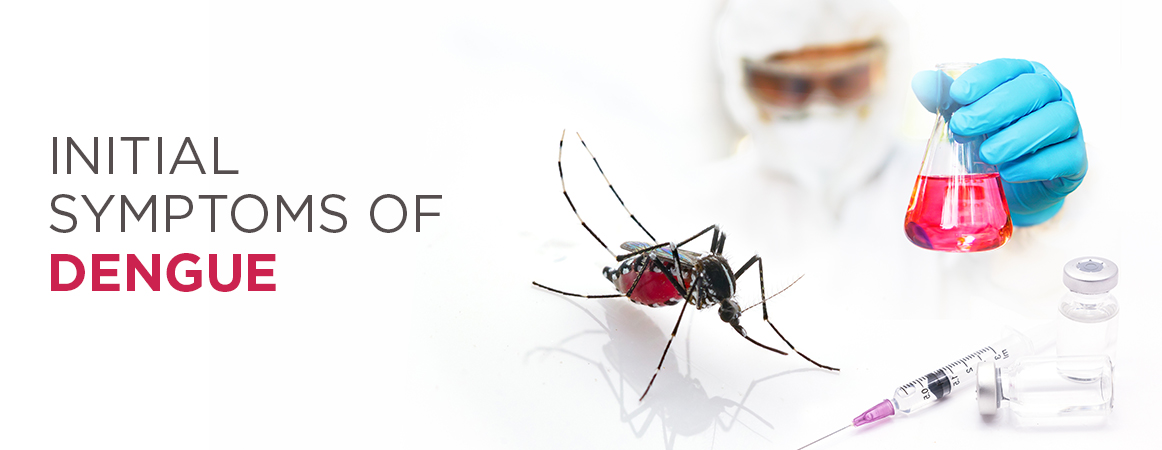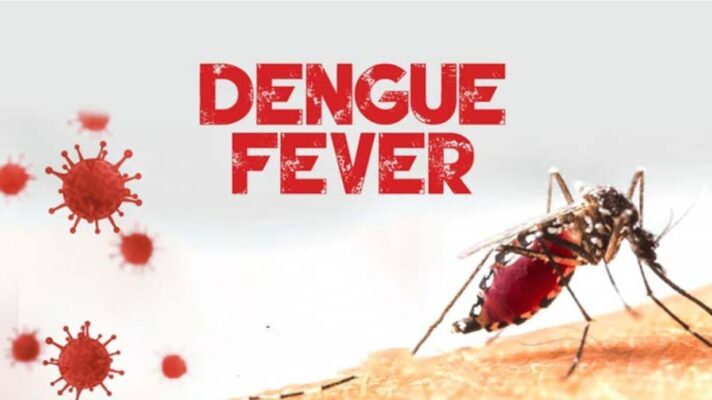Dengue fever: History, Causes. Transmission, Symptoms, Records, Cure And Treatments, Research, Recent News And Everything To Know

Outbreak Overview:
-
- Roughly 4.7 million people have been infected with dengue fever so far in 2024.
- The outbreak is centered in Latin America and the Caribbean.
- Experts warn that the cases could continue to grow.
- Climate change and El Nino have also contributed to favorable conditions for disease-carrying mosquitoes.
- Urban areas, especially those with Aedes aegypti mosquitoes, are particularly affected.
Symptoms:
-
- Common Symptoms:
- Sudden onset of very high fever (up to 104°F or 40°C).
- Also Severe headache, often behind the eyes.
- Muscle and joint pain.
- Also Nausea and vomiting.
- Pain behind the eyes.
- Also Swollen glands.
- Rash.
- Fatigue.
- Rare Complications:
- Mild bleeding.
- Dengue hemorrhagic fever: Associated with increased bleeding, decreased platelets, and plasma leakage.
- Dengue shock syndrome: Blood pressure drops significantly, leading to vascular collapse.
- Episodes of reduced consciousness due to brain inflammation.
- Common Symptoms:

Prevention:
-
- Avoid mosquito bites:
- Drain stagnant water.
- Also Apply oil or insecticides to open waters.
- Sleep under mosquito nets.
- Also Use insect repellents.
- Wear protective clothing.
- Dengue fever vaccine is recommended.
- Avoid mosquito bites:
Treatment:
-
- Supportive care based on the stage of infection.
- Also Blood transfusion for severe cases.
- Intravenous therapy for mild stages.

Complications:
-
- Dengue Hemorrhagic Fever: In severe cases, dengue can lead to bleeding from various body parts, decreased platelet count, and plasma leakage.
- Dengue Shock Syndrome: Blood pressure drops significantly, and peripheral blood vessels collapse.
- Also Reduced Consciousness: Brain inflammation can cause episodes of reduced consciousness.
- Miscarriage Risk: Pregnant women with dengue are at risk of miscarriage.
Transmission and Symptoms:
-
- Dengue virus is carried by female mosquitoes (Aedes aegypti).
- Symptoms typically appear within two weeks and include sudden high fever, headache, muscle pain, fatigue, nausea, and also vomiting.
- Severe cases may involve abdominal pain and bleeding gums, requiring immediate medical attention.
Risk Factors:
-
- Climate Change: Record heat and extreme weather events contribute to mosquito-friendly conditions.
- Urban Areas: Aedes aegypti mosquitoes also thrive in urban environments.
- No Cure, but Prevention: While vaccines exist, there’s no cure for dengue. Prevention includes mosquito bite avoidance and proper water storage.
Current Situation
- Latin America: The region faces its worst dengue outbreak on record, with cases already 238% higher than last year.
- U.S. Risk: The CDC warns of increased dengue risk in the U.S., with reported cases rising significantly.


